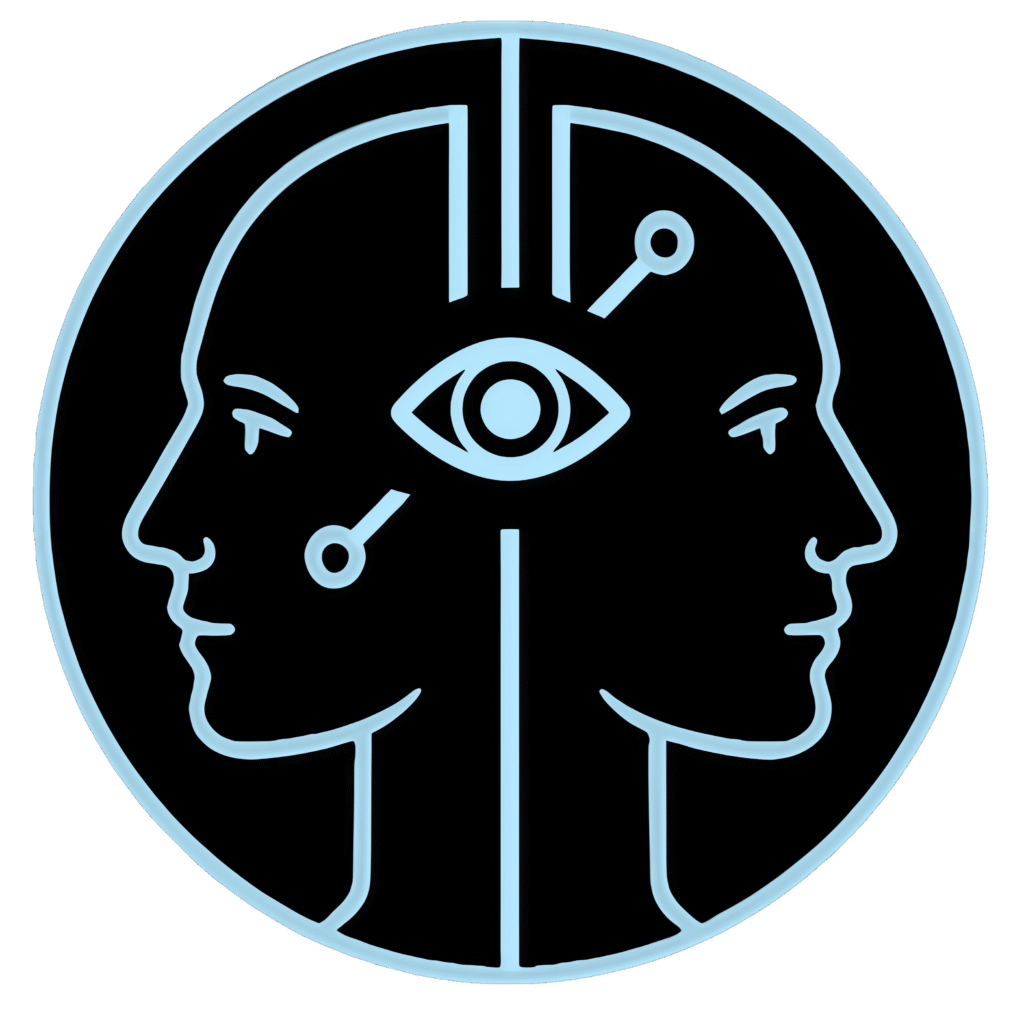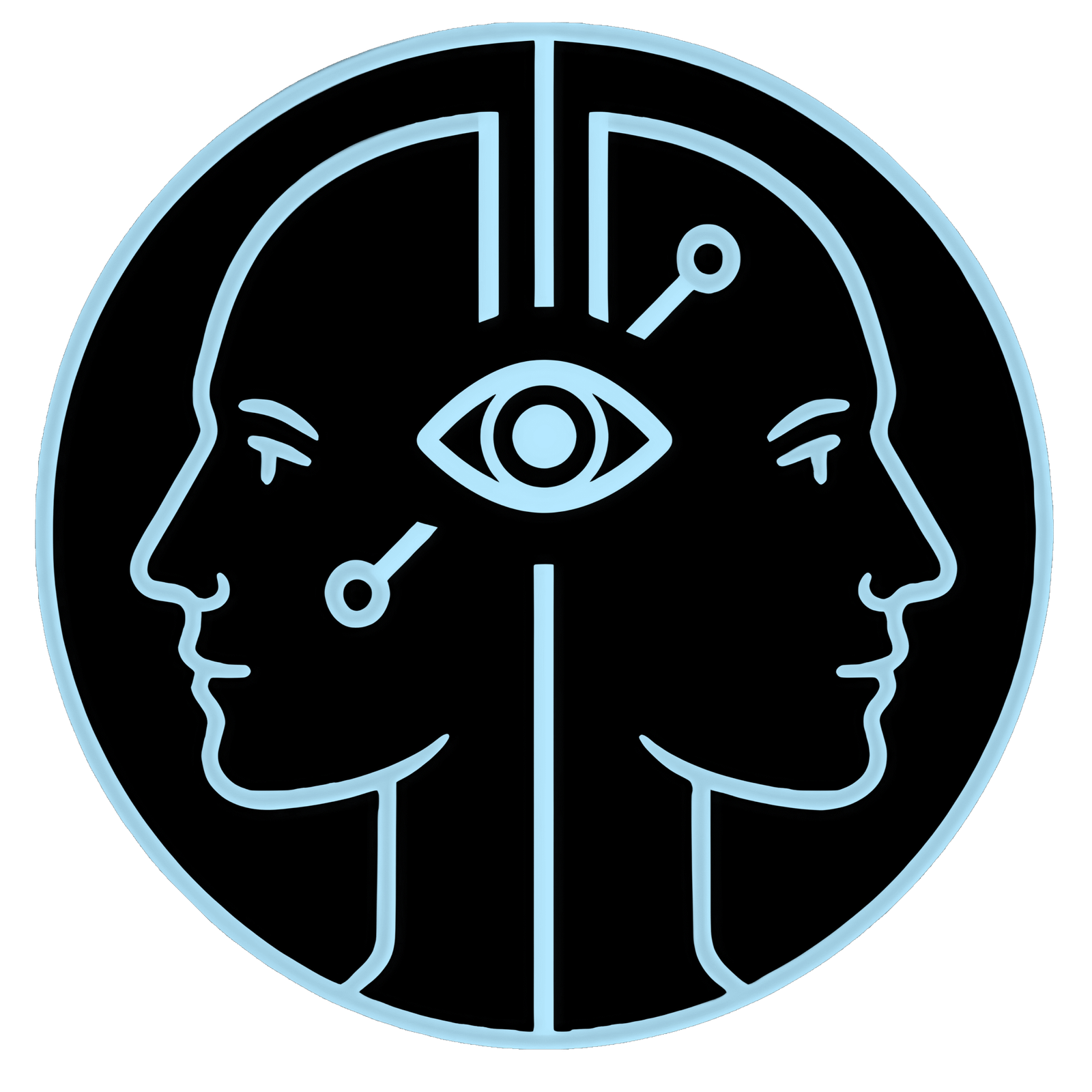State-of-the-Art AI Innovations

TraI is one of the 1st to use the integration of cutting-edge AI technologies, such as OpenAI’s GPT-4, to transform the landscape of mental health care. These advanced systems enable more nuanced and engaging conversations between users and digital platforms. In a domain where effective communication and empathy are crucial, sophisticated AI models facilitate deeper, more meaningful interactions that genuinely address the emotional and psychological needs of individuals seeking support.
GPT-4o’s real-time processing abilities enable it to analyze user inputs instantaneously, allowing for immediate emotional recognition and adaptive responses. This dynamic interaction not only enhances user experience but also promotes therapeutic engagement by creating an environment where individuals feel heard and validated. Such advanced computational capabilities mean that users can receive timely feedback tailored to their specific emotional state, which can significantly impact their overall mental wellness.
Moreover, by utilizing machine learning algorithms, these AI systems can learn from previous interactions, progressively refining their responses to meet the unique needs of each user. This continual improvement process fosters compelling dialogues that are essential for effective mental health interventions. The result is a transformative user-experience that moves past traditional methods of engagement, providing individuals with a sense of connection and support from digital companions capable of nuanced understanding.
Clinical Foundations and Professional Input
The integration of artificial intelligence (AI) in mental health care is grounded in clinical foundations that utilize evidence-based practices. Prominent therapeutic approaches such as Cognitive Behavioral Therapy (CBT), Mindfulness-Based Stress Reduction (MBSR), Dialectical Behavior Therapy (DBT), Acceptance and Commitment Therapy (ACT), and trauma-informed care serve as the backbone for developing effective interventions. These frameworks are supported by substantial research, demonstrating their efficacy in various clinical settings. By adhering to these well-established methodologies, AI applications can enhance mental health services, ensuring they are based on accepted therapeutic principles.
Incorporating professional input is crucial in this landscape. Licensed mental health professionals play an essential role in ensuring that AI-driven solutions are not only valid but also relevant to the diverse needs of clients. Collaboration among clinicians, researchers, and technology developers fosters a thorough understanding of the complexities involved in mental health treatment. With this integration, developers can create AI tools that accurately reflect therapeutic techniques and practices, leading to more effective outcomes. Furthermore, engaging professionals provides valuable insights into the ethical considerations and potential limitations of these technologies, ensuring that they align with established standards of care.
Key features of AI systems in mental health care include comprehensive crisis detection protocols, which can identify when a user may be in distress and require immediate support. These protocols leverage algorithms that analyze user data to flag potential emergencies, making real-time intervention possible. Additionally, measuring outcomes is vital for tracking progress in mental health treatment. AI can facilitate continuous assessment through data accumulation, allowing clinicians to quantify improvements or adapt strategies as necessary. This commitment to evidence-based practices combined with professional guidance stands to yield significant advancements in mental health care, paving the way for a more resilient and effective therapeutic landscape.
Privacy and User Experience Design
The integration of artificial intelligence (AI) in mental health applications is accompanied by a significant emphasis on ensuring user privacy. Leading organizations are adopting industry-standard zero-knowledge design principles, which allow data analytics without revealing individual user information. This approach empowers researchers to gather essential insights while maintaining user anonymity, which is crucial in sensitive areas such as mental health.
Another crucial aspect of privacy in AI-driven mental health solutions is the integration of differential privacy techniques. These mechanisms introduce carefully calibrated noise into data sets, ensuring that individual users cannot be re-identified from aggregated information. By implementing such robust privacy safeguards, developers can advance research and innovation while maintaining ethical standards and fostering user trust. Moreover, users are becoming increasingly conscious of their data rights, prompting the development of features that empower individuals to exercise greater control over their information. These control mechanisms allow users to specify their data-sharing preferences, deciding what details they wish to disclose and under which conditions. This level of autonomy cultivates a sense of ownership over personal data, which is essential for both user engagement and satisfaction within mental health applications.
Beyond safeguarding privacy, optimizing user experience remains a top priority. Embracing a mobile-first design philosophy has become standard, reflecting the evolving landscape of digital solutions. This approach guarantees that mental health applications are seamlessly accessible on smartphones and tablets, thereby reaching a broader audience. Intuitive interface elements are vital in this context, as they can significantly enhance therapeutic engagement and foster a calming environment for users. Features such as straightforward navigation, compelling visuals, and personalized content encourage interaction, making mental health resources more inviting and user-friendly. Additionally, accessibility considerations are thoughtfully integrated to accommodate diverse user needs, ensuring that individuals of varying abilities and technological proficiency can effectively engage with these innovative tools.
Business Applications and Market Impact
The integration of artificial intelligence (AI) into mental health services is transforming the landscape of both Business-to-Consumer (B2C) and Business-to-Business (B2B) markets. In the B2C sector, mental wellness applications have seen significant growth and adoption. These apps frequently operate on a subscription-based model, offering users access to premium features and content that enhance their mental health journey. Many platforms also adopt a freemium approach, providing core functionalities free of charge to reach a wider audience. This flexible model caters to diverse user needs, making mental health support more accessible, engaging, and effective in promoting overall well-being.
On the B2B front, there are substantial opportunities for organizations to implement AI-powered mental health solutions. Healthcare providers can utilize white-label platforms, enabling them to customize and brand mental health tools as their own. This strategy simplifies the deployment of mental health resources while allowing providers to maintain a cohesive brand identity with their existing services. Additionally, integrating these solutions with Electronic Health Records (EHR) systems improves the overall quality and efficiency of patient care by facilitating seamless access to mental health data.
Therapist practice management tools also benefit from AI integration, enhancing operational efficiency and enabling therapists to dedicate more time to patient care. Additionally, corporate wellness programs are experiencing significant growth as organizations increasingly acknowledge the critical role of employee mental health. By incorporating AI-driven solutions for workplace stress management and leveraging population health analytics, companies can improve employee satisfaction, increase productivity, and reduce turnover. These initiatives highlight the transformative impact of technology in advancing mental health support and promoting a culture of wellness across various business environments.
